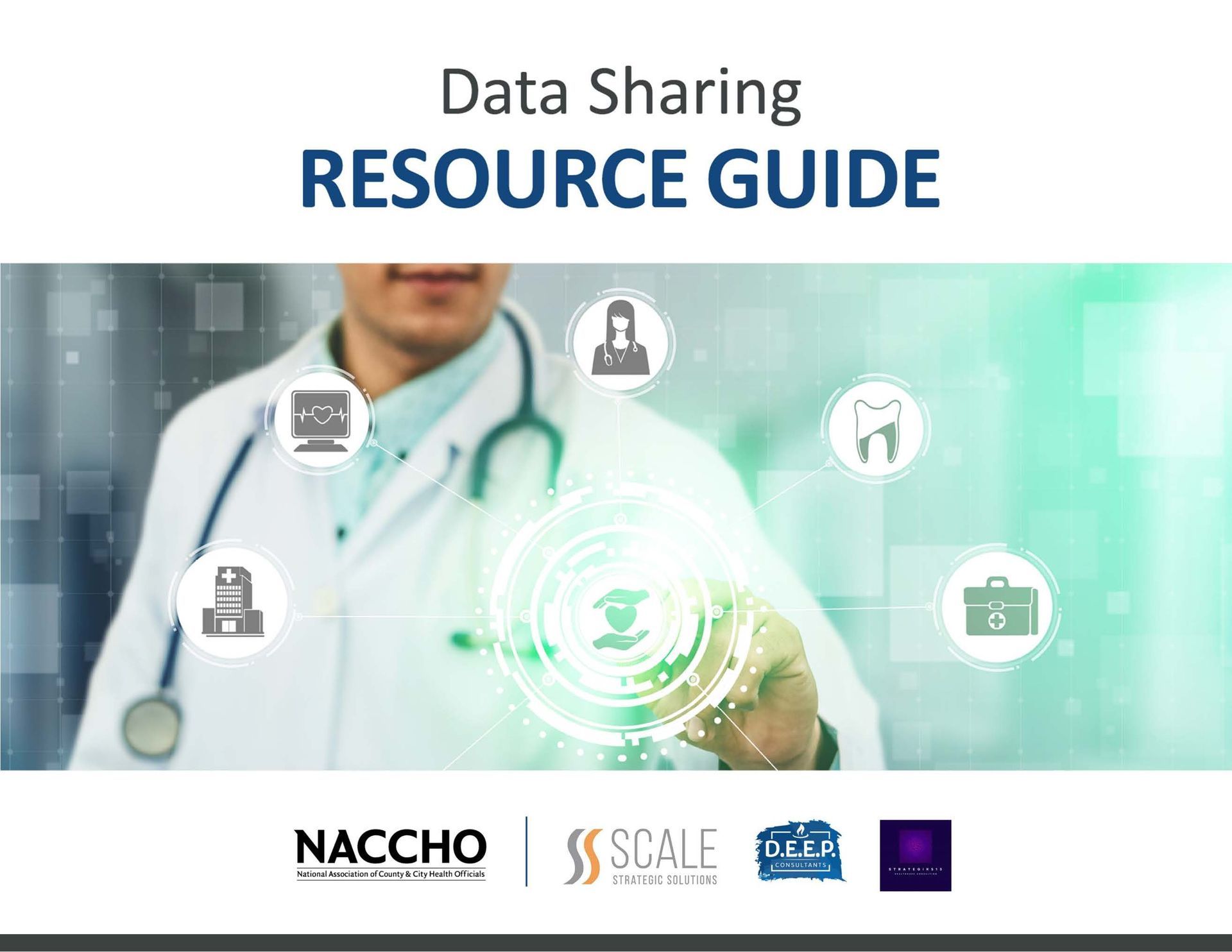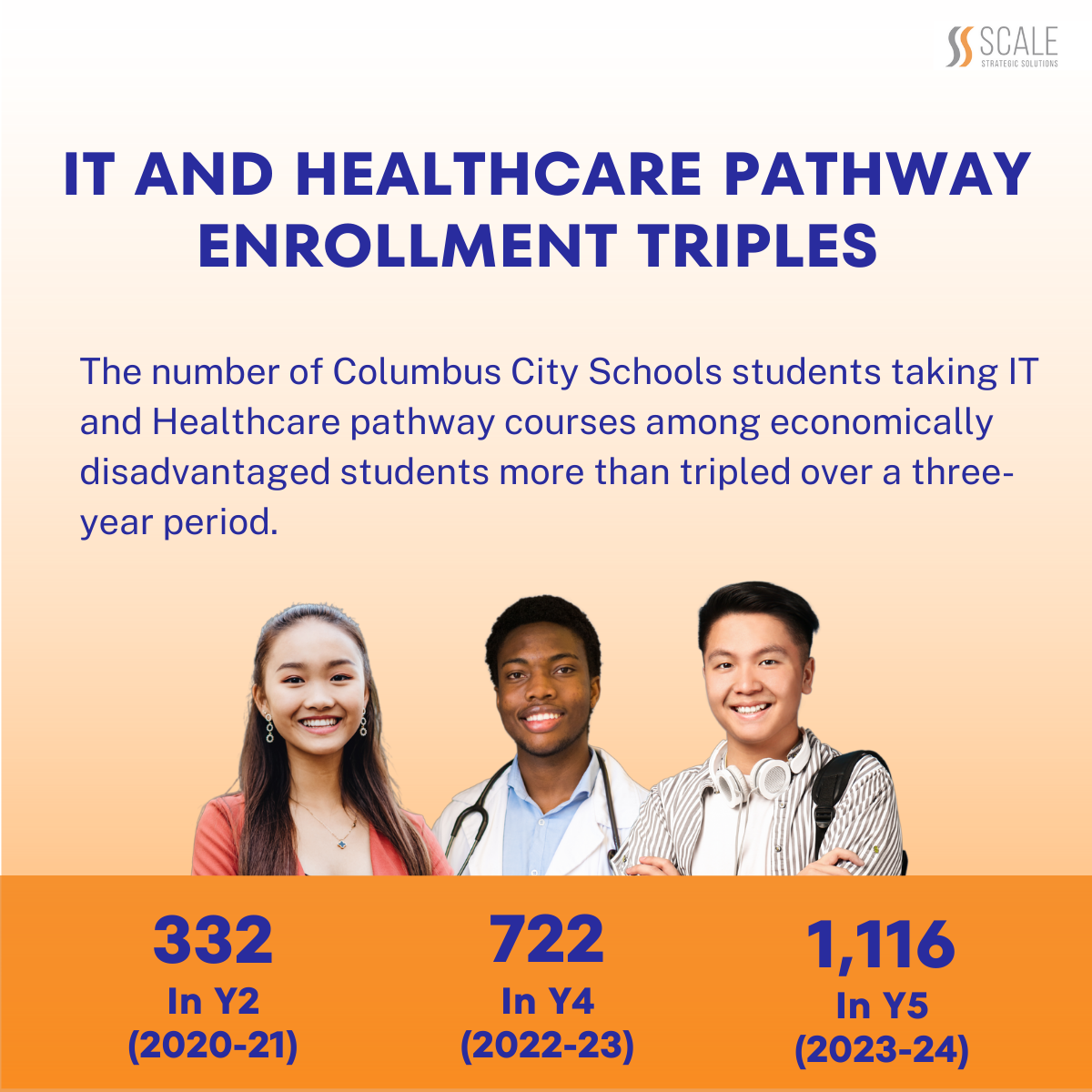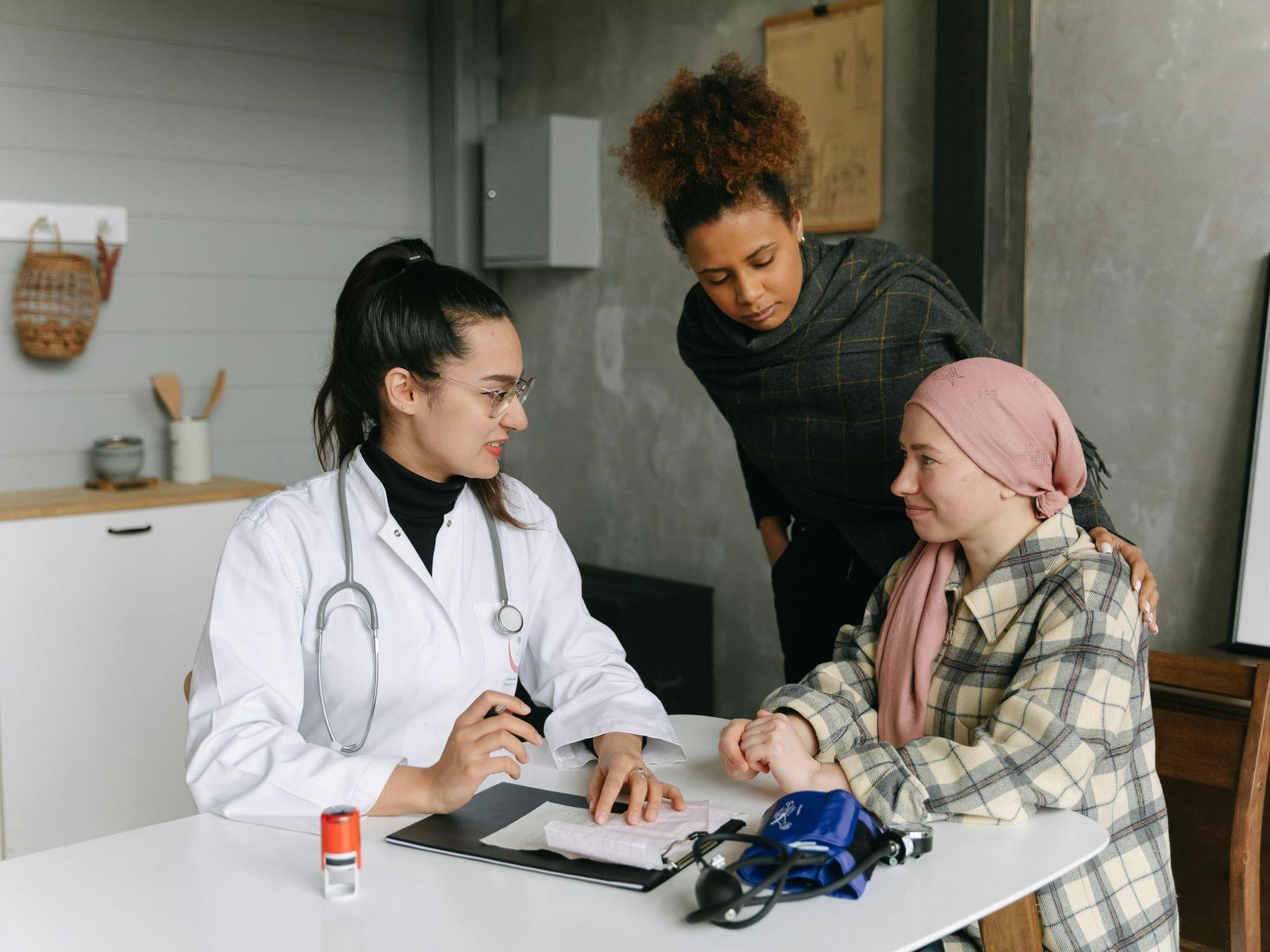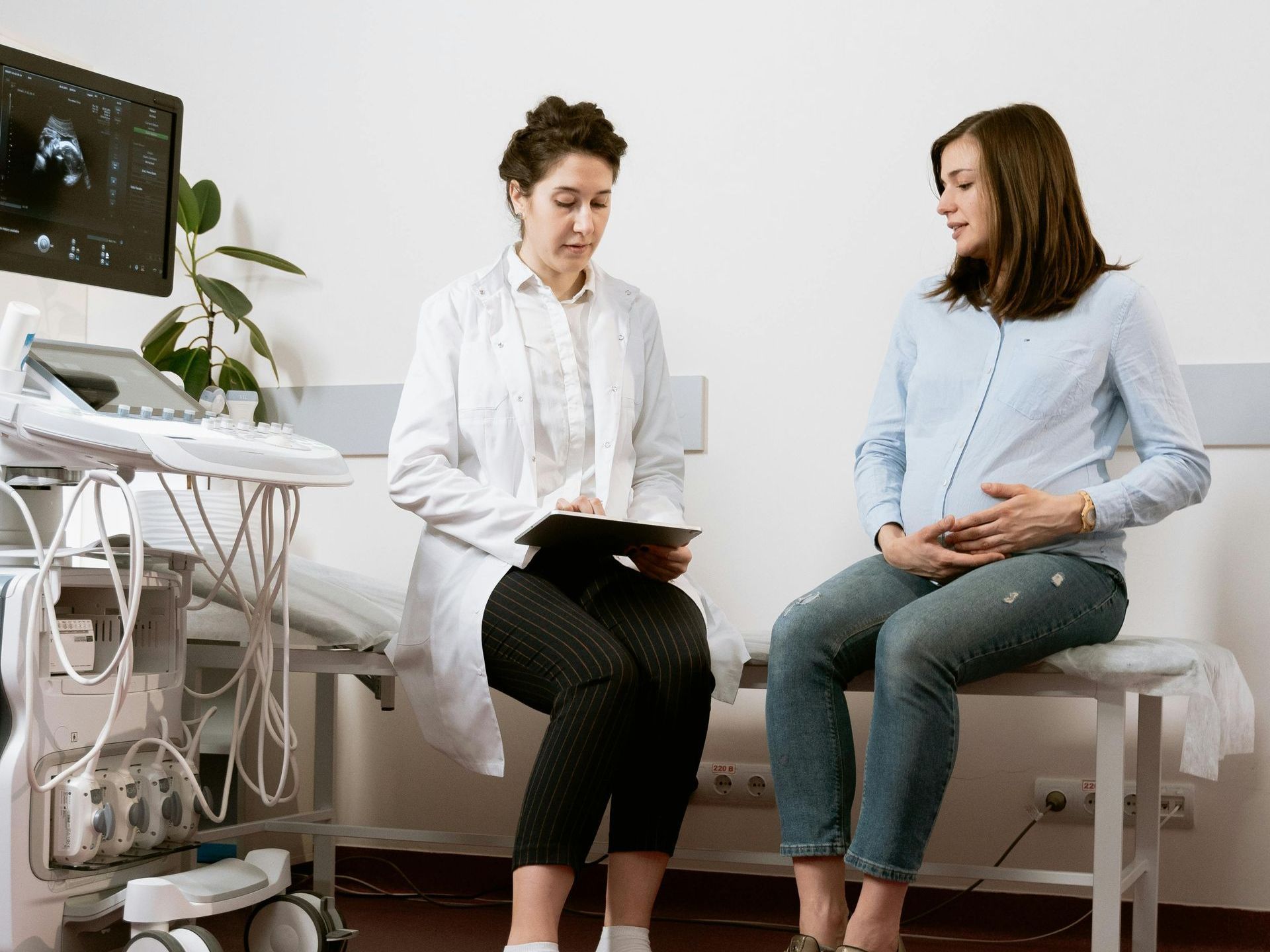Making Good Things Happen
A blog that informs our clients about real world topics related to what we do as Scale Strategic Solutions!
Opioid Use Disorder and Bias

Due to COVID-19, the talk around health disparities has entered the mainstream. National news has highlighted disproportionately high rates of mortality among African Americans with coronavirus in Louisiana, Michigan, and New York. Dr. Tony Armstrong, president of Ohio State Medical Association, addressed racial disparities and social determinants of health in Gov. Mike DeWine’s April 9 COVID-19 press conference (https://www.youtube.com/watch?v=btsFu33KvDM).
The social determinants of health--the conditions in which people are born, grow, live and work –are influenced by: socio-economic conditions; education; neighborhood under-investments; underlying health conditions and health care; and social and community context. Looking at the social and community determinants, implicit and explicit biases are one of many things that can impact the context and cause disparities in health access, treatment, and outcomes.
Scale Strategic Solutions in partnership with The Eastledge Group is delivering a training, sponsored by the Ohio Department of Mental Health and Addiction Services, to address implicit and explicit bias toward people with Opioid Use Disorder. The American College of Physicians’ Annals of Internal Medicine recently highlighted “an epidemic within a pandemic” with the risks to millions of individuals with opioid use disorder, who are “already vulnerable and marginalized” whose access to health care delivery is compromised during COVID-19. (https://annals.org/aim/fullarticle/2764311/epidemic-midst-pandemic-opioid-use-disorder-covid-19) With the complex challenges and needs facing individuals with Opioid Use Disorder, removing barriers by minimizing bias will aid recovery.
Bias rears its head in many ways in how persons with Opioid Use Disorder or other behavioral health disorders are treated. These biases prove out in a variety of forms including but not limited to:
• Biased language used against individuals with substance use disorders, who may be referred to as “addicts”, “druggies”, “junkies”, or “substance abusers”.
• Bias against people with Opioid Use Disorder who are “criminalized”.
• Racial bias
• Socio-economic or class bias
• Secondary level characteristics such as education level, professional status, parenting status, region (Ohio major urban areas, suburban communities, rural, rural Appalachian), etc. and
• Social desirability bias
Our Bias Training Programs will cover all relevant forms of bias, including the following topics:
• What is bias—implicit and explicit
• Where and how does bias function
• Impact of bias on services and recovery for individuals with opioid use disorder
• How to discuss and mitigate implicit bias
During this pandemic of COVID-19 and considering interruptions in health care delivery, treatments, and support systems, there could be a rise in opioid drug use, and a resulting rise in bias directed towards this population. Our training will provide practitioners with skills to manage and ultimately reduce biased treatment decisions and outcomes.
The training will be customized for the following audiences: any physical or behavioral health provider and health providers with substance recovery experience. If you are a physical or behavioral health professional, you can attend the virtual training for free. Register for trainings with the information below:
Addressing Bias and Opioid Use Disorder
Dates: May 19, 26, or 28
June 4, 9, 16, 23, or 24
Time: 1-3:30 PM
Addressing Bias with Lived Experience of Opioid Use Disorder
Dates: May 20 or June 10
Time: 1-3:30 PM
We have developed these trainings that we will begin virtually in hopes to decrease the implicit and explicit biases that people with Opioid Use Disorder and other behavioral health disorders face on a daily basis.

The end of the year invites us to pause, reflect, and appreciate the tools, resources, and rituals that help us do impactful work. At Scale Strategic Solutions, we spend our days turning information into action, supporting businesses as they clarify their vision, understand their impact, and strengthen their systems.

In today’s data-driven world, local health departments (LHDs) play a critical role in shaping community health and advancing equity. Yet, to do this effectively, they need more than just national trends, they need access to localized, granular data that reflects the real conditions on the ground. Data sharing is not only a technical challenge but a strategic community-focused practice. When LHDs collaborate with community organizations such as schools, hospitals, social service agencies and law enforcement, they unlock new pathways to address public health challenges more effectively. Local data allows communities to identify emerging health threats, evaluate the impact of programs, and understand how the Social Determinants of Health influence well-being. Scale Strategic Solutions, in partnership with D.E.E.P. Consultants and Strategik513, is proud to announce the development of a robust, strategic roadmap designed to support public health professionals in leveraging data to improve population health outcomes and reduce disparities. Our team of subject matter experts collaborated closely with the National Association of County and City Health Officials (NACCHO) and local health departments to gain firsthand insights into the challenges and opportunities surrounding data sharing practices. This discovery process informed the creation of two key resources aimed at building data capacity in the field. The "Increasing Data Sharing Capacity for Local Health Departments" asynchronous training, alongside the complementary Data Sharing Resource Guide , are now available on NACCHO University , the organization’s online learning platform. At Scale, we are committed to advancing the culture of data sharing within public health ecosystems. These resources were developed to meet practitioners where they are, offering flexible, high-impact tools to drive meaningful improvements in health equity and data-driven decision-making. If your organization is interested in learning more or would benefit from a customized training solution tailored to your specific data sharing needs, we invite you to contact us . Together, we can empower local health leaders with the tools and knowledge needed to transform data into action.









